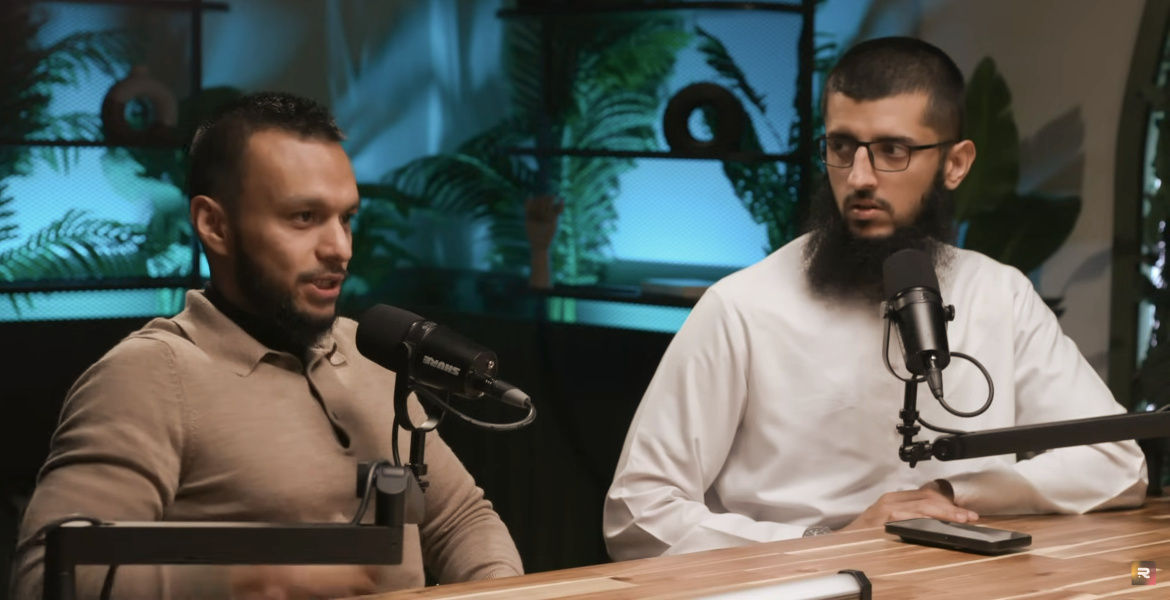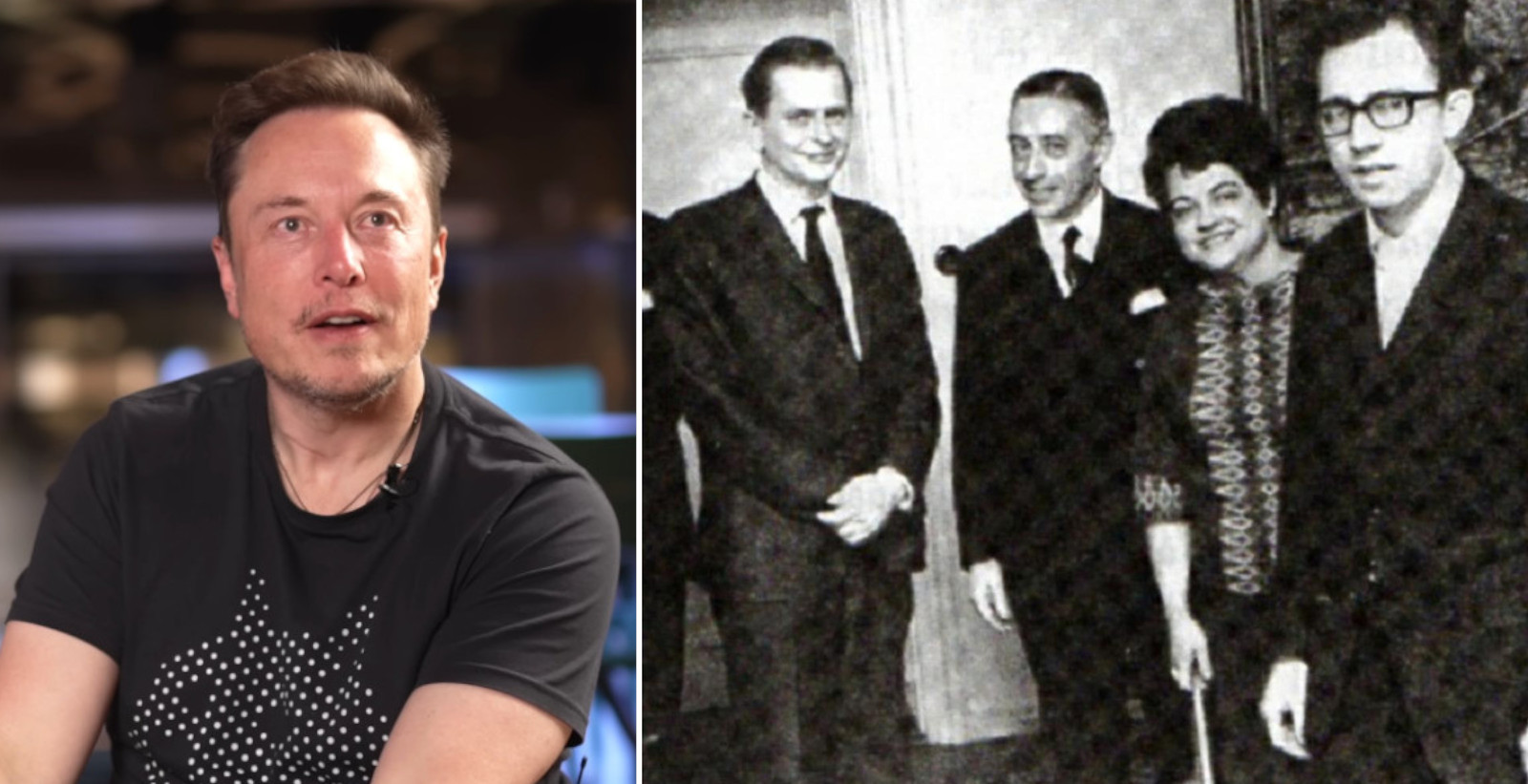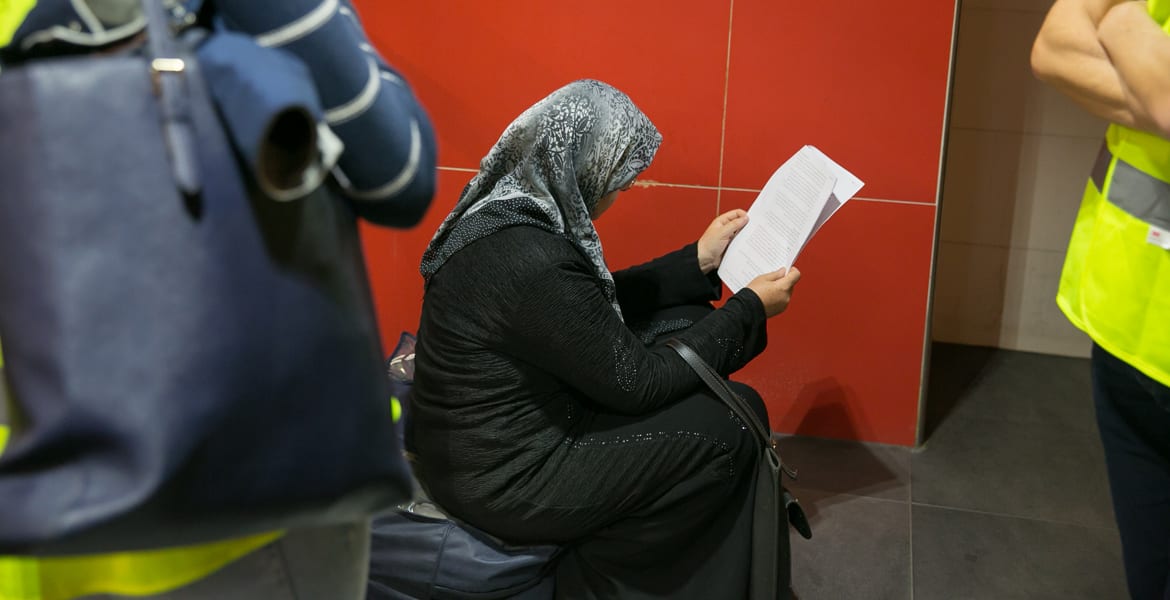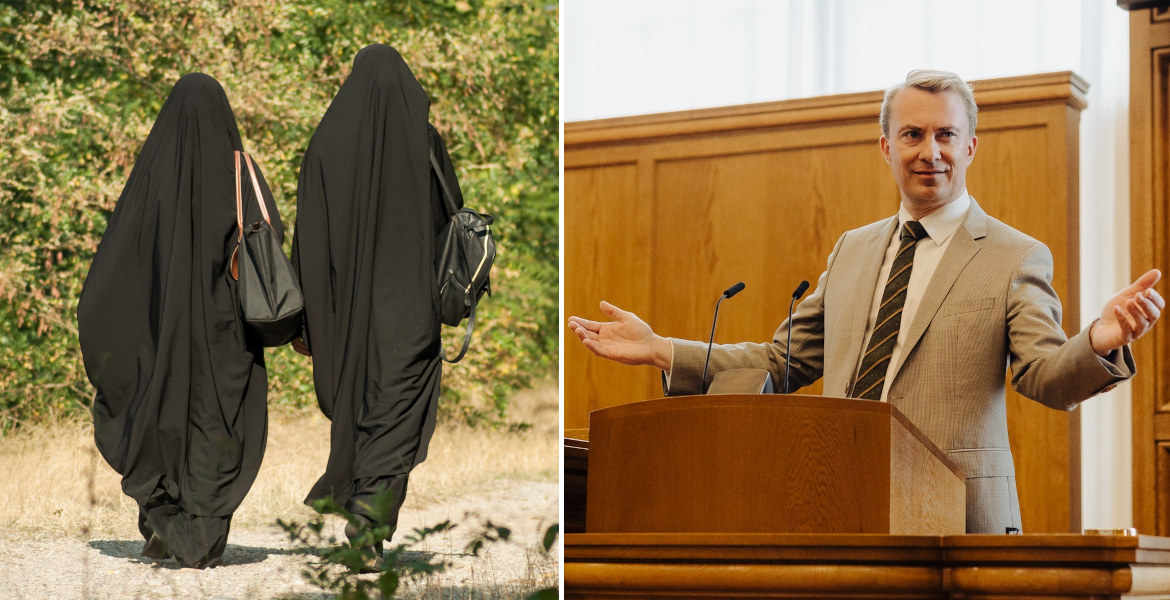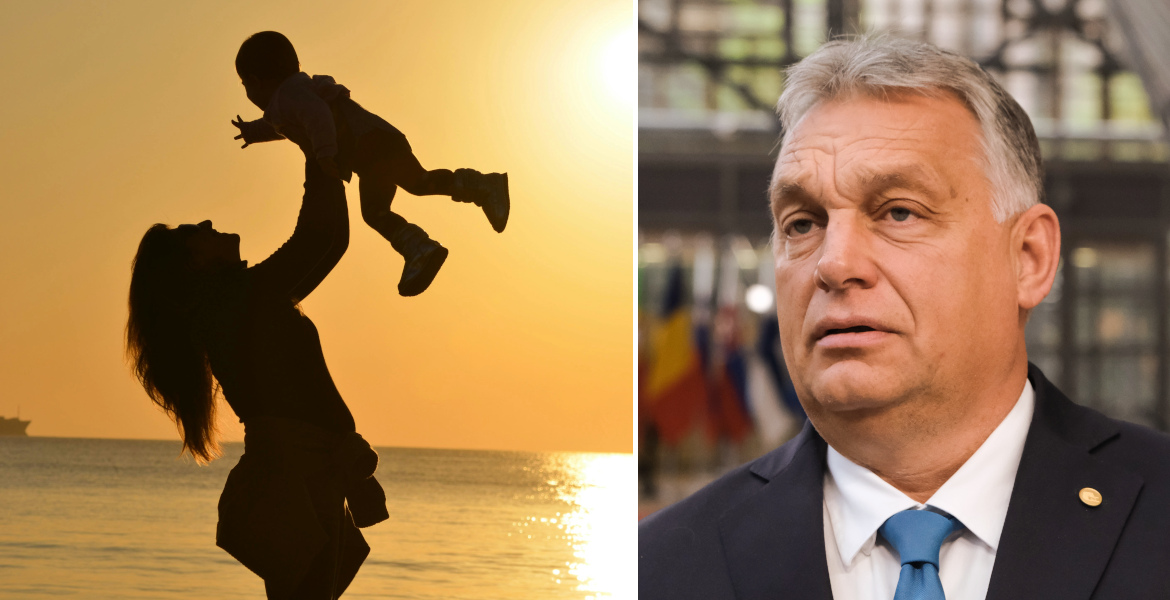Islamic critic Amy Meek, founder of the Resistance Against Islamic Radicals (RAIR) Foundation, is sounding the alarm about what she describes as systematic attempts to abuse the US Constitution in order to establish Shariah enclaves in the United States.
In a social media post, she refers to a podcast in which Muslim real estate developer Sam Amin describes his efforts to create an exclusively Muslim community in Texas based on Islamic law.
Amin describes the project as more than just a housing development – but rather an Islamic enclave where the streets are named after Islamic conquerors and where condominium fees fund the local mosque.
He further testifies how legal tricks are used to discourage non-Muslims from moving in, and how frontmen with classic American-sounding names are used to hide the project's true purpose.
ALERT TEXAS
Sound familiar? It should.
Islamic developers are no longer hiding their intentions.
They’re bragging — on camera — about using American laws to build Sharia enclaves on U.S. soil.In a jaw-dropping 2024 episode of the Righteous & Rich podcast, Bengali… https://t.co/tisFQVMkw4 pic.twitter.com/q9ULhSrNxB
— Amy Mek (@AmyMek) April 6, 2025
– We’re making the laws… we’re putting those laws, Amin says in the podcast, also mentioning that "seventy-five percent of the fees go to the mosque", while laughing at the use of names like "John Smith" in official documents to avoid unnecessary attention.
Amin also claims that he hires local experts – lawyers, engineers and planners – with ties to the municipality to smooth the way for the projects.
– I hired everyone the township knows… their attorney, their civil engineer, their planning commissioner. This is their boy.
"Using the Constitution as a cover"
Amy Meek reacts sharply, saying this is a strategy to replace the US Constitution with Sharia law, and she points to several similar housing projects in Texas – such as EPIC City in Plano and other areas of the state that now have Muslim-sounding names like "Medina Villas", "Villas of Andalus" or "Alhamra Valley".
"They are using the Constitution as cover to build a system that will one day replace it. Meanwhile, our government remains frozen, unsure how to stop this threat", she writes, and continues:
"All appear branded for Muslims. All centered around mosques. They have Islamic street names and even mosques built into the housing 'community'. All are believed to be functioning as de facto Islamic enclaves".
"The American Dream - for Muslims"
In a widely circulated video clip, viewers are guided around what is described as an all-Islamic community in Irving, Texas, with the guide cheerfully declaring that "everybody is Muslim here" and the enclave reminds him of his "100% Muslim country".
ALERT TEXAS
“Everyone Is Muslim Here” — That’s not a warning. It’s a quote from a Muslim residents in Irving.
Governor Abbott says there’s no Sharia in Texas. But take a drive through Plano or Irving, and you’ll see the truth:
Islamic-only parks and signage
Quran… pic.twitter.com/SVTrJZEKv1— Amy Mek (@AmyMek) April 2, 2025
– Texas is the future, he states, declaring that this type of enclave is "the ideal life for Muslims".
– This is the American dream - for Muslims, he says.
Amy Meek says these are carefully planned Islamist colonies, and calls on Governor Gregg Abbott to act.
"This isn’t assimilation. It’s replication. And it follows a well-known Islamic doctrine: Hijrah - migration for the advancement of Islam, not integration into host cultures".
